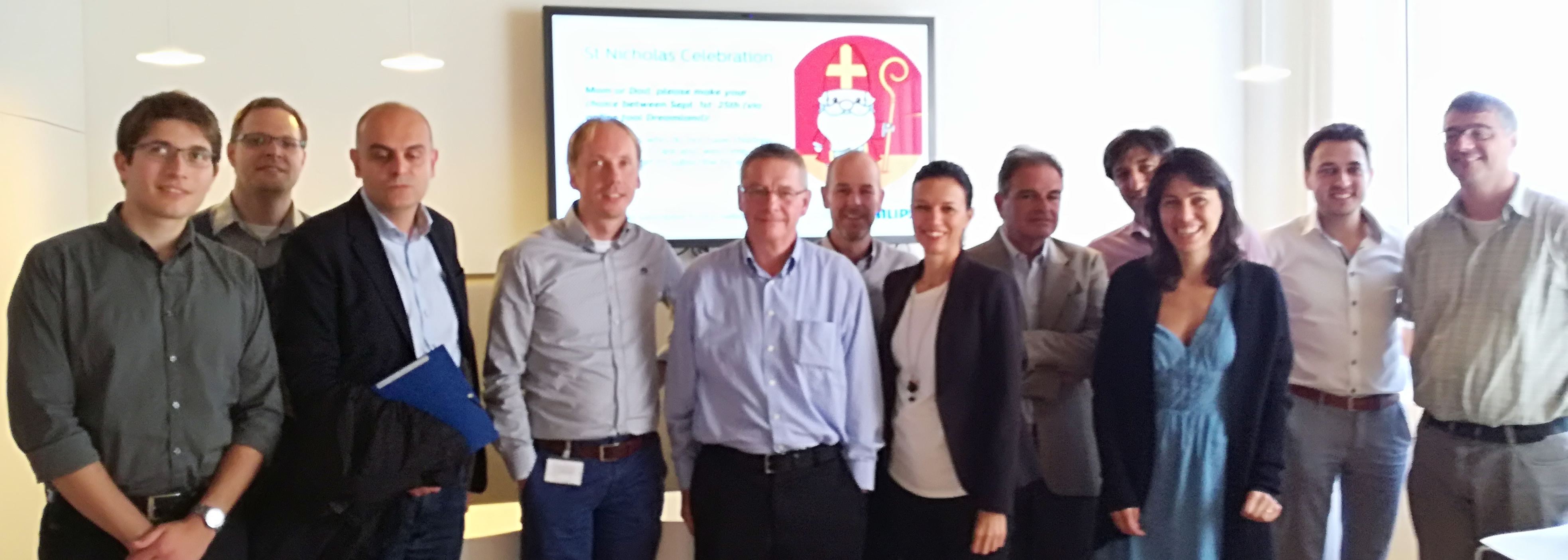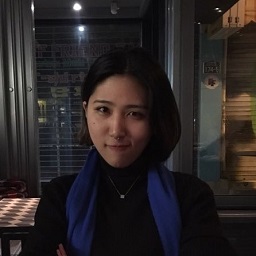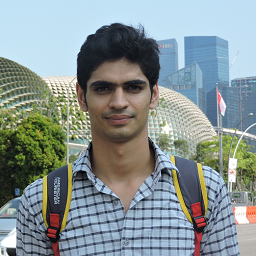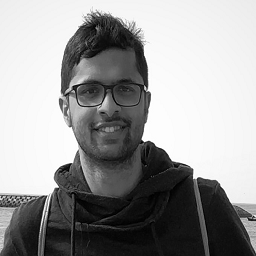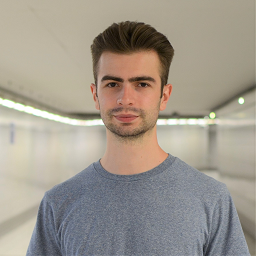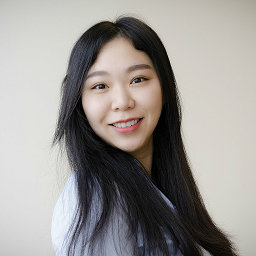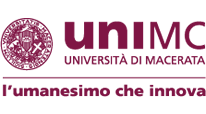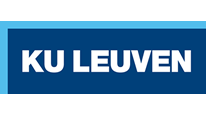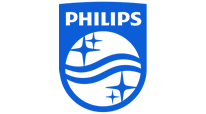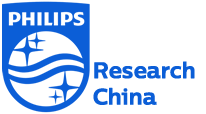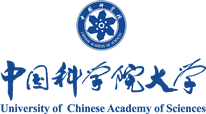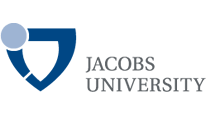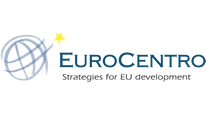The increasing use of wearable sensors and of sensors linked to smartphones or other everyday objects allows to remotely monitor human activities and vital parameters. The potential innovation of the Internet of Things and specifically of personal health coaching programs are particularly useful to prevent chronic diseases, but in the meantime they pose several challenges related to the huge amount of data to be handled, both at an IT level and from a legal point of view (privacy protection).
These worldwide challenges, shared by Europe and China, can be faced only through a genuine collaboration among researchers belonging to different fields, capable to work in an interdisciplinary team and in an international context. To this end, HEART – an industrial PhD program – is structured in six individual research projects, closely interrelated, conducted by six excellent young researchers (four PhD students in ICT, one in Legal studies and one in International business). The final result of HEART will be the development of an integrated activity recognition platform for (personal) health services, addressing the above-mentioned challenges and able to successfully compete both in the European and Chinese market.
Research will mainly be conducted at prestigious European universities, such as the University of Macerata and KU Leuven, and at Philips, the leading multinational in the healthcare sector, with the support of a network of European and Chinese institutions.
Within this context, the young researchers will experience an innovative training programme, which will provide them with multidisciplinary competences (belonging to ICT, law and business), transversal skills and a deep knowledge of the promising Chinese market. Indeed HEART is one of the very first Industrial doctorates, funded under the Marie Skłodowska-Curie Actions, integrating Information Technologies with the Social sciences and humanities.
![]()
![]()
![]()
![]()



